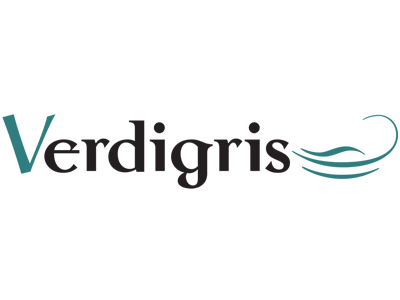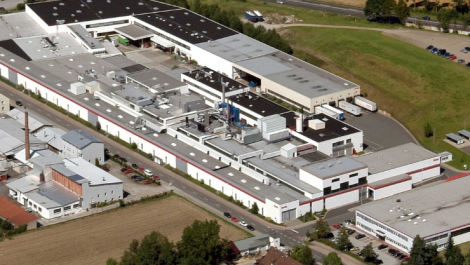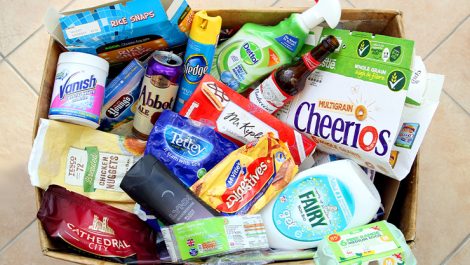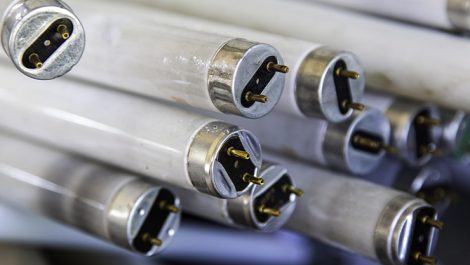This is the fourth part of a series of blogs suggesting ideas
for topics addressed in environmental policy statements. Industry
associations serving the needs of journalists, illustrators,
designers, authors, publishers, printers and so on are largely
passive when it comes to improving environmental impacts. In the
previous blogs we’ve considered the three Rs: Reduce, Reuse,
Recycle, emissions controls and management and waste handling. But
how about materials usage and considering what’s required to
produce a given print product and its recycling?
In the newspaper business, which uses newsprint, this is an easy
consideration because most newsprint is made from recycled papers.
Paper and board recycling should be a no-brainer for any industry
association’s mission statement. Another material to consider would
be the printing plates, for instance used aluminium or flexo
plates. Aluminium plates are a ready source of income for printing
companies across the industry, since they can be sold for
recycling.
But recycling the photopolymer used to make flexo plates used in
newspaper printing, packaging and other applications is a little
trickier, but that doesn’t mean that it’s impossible. Some
manufacturers, such as Flint Group and DuPont offer a recycling
service, but you have to pay for it and the waste is generally
incinerated rather than being reprocessed into something useful.
Far better is to find ways of reusing the material, for instance as
chippings to cover horse arenas and playing fields, or as a
building material. The trick is to find and work with organisations
that can use the used flexo plates without reprocessing them back
into their component materials or burning them. This is another
opportunity for industry associations to make recommendations or
set up partnerships with companies who can build suitable recycling
supply chains.
The English have a saying that “where there’s muck there’s
brass”, meaning that waste (the muck) is a source of revenue (the
brass). Printing plates are already earning their users and
manufacturers money through recycling. Innovation and
entrepreneurialism can take ideas for reusing plate materials in
other ways, to use them in other viable new businesses, based on
improving environmental impact and profit. Invention starts with
little, tiny things, so maybe printing and publishing industry
policy statements will help create small germs of opportunity.
Industry associations are ideally placed to kick start new ideas
for reducing environmental impact through improved waste handling,
from paper to plates. But it takes awareness of the problem before
ways of solving it can be worked out.
– Laurel Brunner
This article was produced by the Verdigris Project, an
industry initiative intended to raise awareness of print’s positive
environmental impact. This weekly commentary helps printing
companies keep up to date with environmental standards, and how
environmentally friendly business management can help improve their
bottom lines. Verdigris is supported by the following
companies: Agfa Graphics, EFI, Fespa, HP, Kodak, Kornit, Ricoh, Spindrift, Splash
PR, Unity Publishing and Xeikon.





